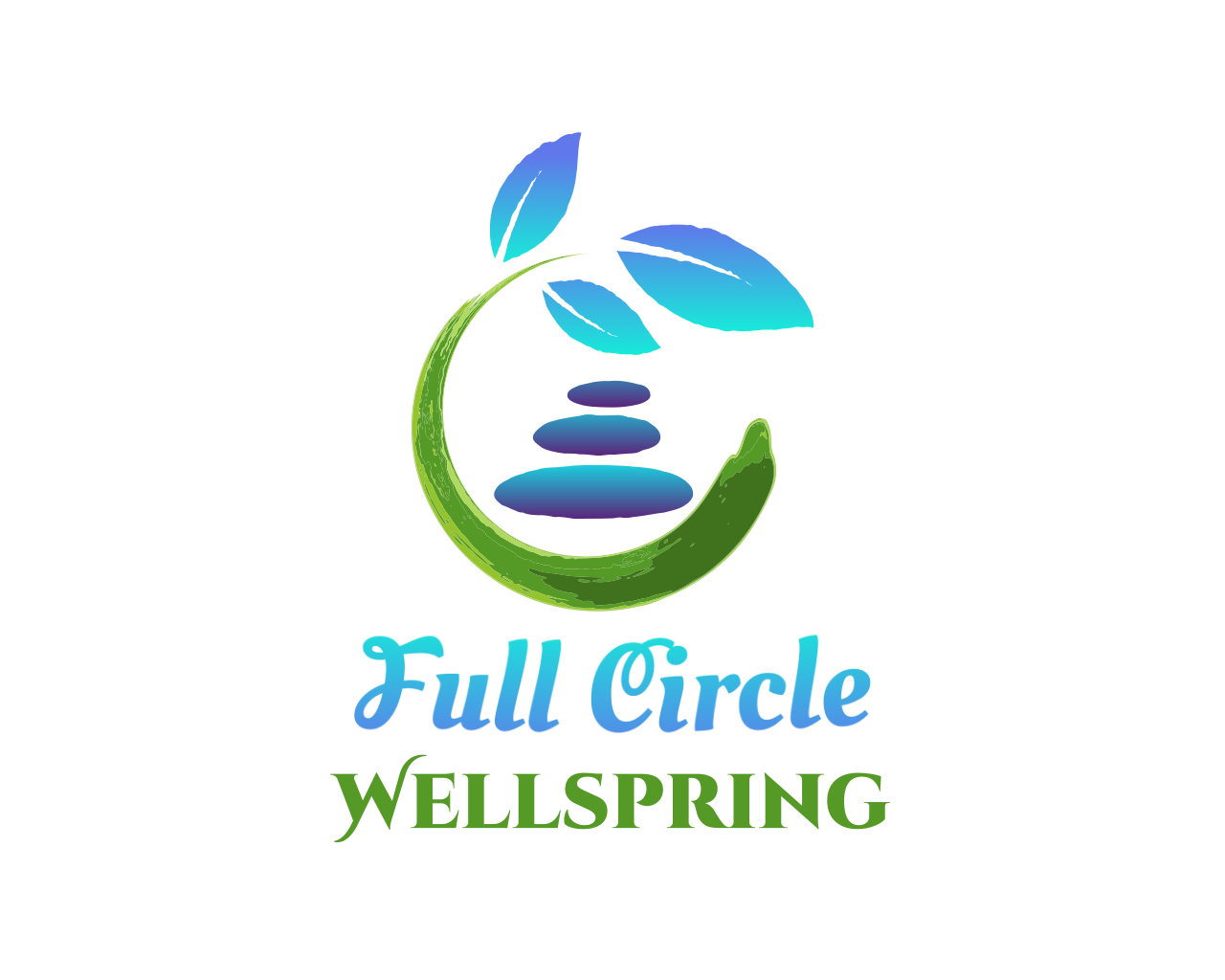Full Circle Fridays|Week 16: Psychosomatic
Author Note: If you prefer to listen or watch instead of or along with -
Check out the YouTube video and/or the Podcast audio.
We’ve recently talk about the neurobiological problems caused by and/or worsened by trauma. Today, I’m choosing the sensitive topic of psychosomatic after effects. The word psychosomatic literally means an illness or condition caused by or aggravated by a mental component, such as stress and conflict (and of course trauma). This is talking about the interaction of the mind and body, not just that your mind is “making something up”. These are actual ailments, real pains, true sicknesses, and genuine symptoms that your body is experiencing. This is an unconscious process — not something that people are just imagining or pretending that they are happening to them. This is important to stress because, for way too long, the medical community has dismissed people with “imaginary issues” when no cause can be found, so they send them away and with no relief found. Luckily, modern science is evolving, and, in this instance, that’s a really good thing.
Someone with a psychosomatic illness or disorder can’t find a physical or scientific reason for their condition. That’s because the roots aren’t a germ or bacteria or virus — they are psychological. All the while real — just a different cause. On the more mainstream side of things, we know, for instance, that high stress can cause hypertension. Science has now confirmed that a lifetime of high stress or worry can cause heart related diseases and conditions. We can know that short-term difficulties like the loss of a job, grief, or sleepless nights with a newborn can change moods, eating habits, sleep routines, and add physical symptoms like heart palpitations, headaches, or GI distress. All of these are easy ways to explain psychosomatic issues.
For trauma survivors, most of us will find some sort of physiological condition linked to our trauma. This is nothing to be afraid of or ashamed about. This is just the nature of the human body. It was not built to withstand long-term trauma, ongoing neglect, chronic stress, childhood abuse, etc. One way of studying this further is to take a look at the ACE study and see the jarring results of what developmental trauma’s impact is on a survivor’s long-term health as well as the increased risk for many life-shortening diseases. Indeed, the ACE study found that trauma survivors can experience accelerated biological aging due to shorter telomere length!
Here’s another example of how this may play out. Like we talked about in Basics earlier this year, the normal life functioning things like sleeping, eating, physical activity, social interactions, and hygiene are all basic life needs — but are often found to have areas of deficits in trauma survivors. All of those basic functions of healthy lifestyle are necessary to keep the system up and running as well as possible. So let’s say that a trauma survivor may endure a sleep disorder, improper sleep, or truncated sleep due to night terrors. We know from science that sleep disorders are a huge cause of concern with our body’s circulation, capacity, and output of energy. From there, this survivor may be too tired to exercise and often has headaches from lack of good sleep, so the trauma survivor is now at higher risk for heart complications. If they are always tired, which causes cravings of sugars and high glucose index foods such as complex carbs, they may be struggling with their weight. And we all know how damaging that can be to one’s physical health. All of this is just stemming from night terrors due to trauma which is now disrupting their sleep and then in turn controlling all these other functions of the body. To say that trauma survivors have these psychosomatic conditions is very clear to see, and to see why.
That’s why there is no shame here because the trauma was not your fault; therefore, your somatic responses to the underlying trauma and stress as are also explainable. This is also not the end of the story. In addressing the trauma, processing through it, and finding healing, this could restore a peaceful night sleep to the above trauma survivor and start a reversal on all the other associated problems and health conditions.
These types of episodes are difficult to share because they sound so daunting. However, as you know by now, I believe everyone can find healing. The road to the recovery of your trauma will lead you to improved mental health, which in turn brings you to enhanced physical health by way of stress-reduction therapies, rebuilt relationships, creating healthy boundaries, better life functioning basics, finding time for play and creativity, and a cleaner overall bill of health and wellness. No, trauma recovery will not cure you of all your diseases. However, you may be surprised to find that some of your chronic conditions (some even from childhood) may begin to dissipate and diminish in the light of greater mental health status, finding peace, reconnecting to your body, and healing your inner child. As always, I’d be more than honored to come along for the ride as you seek a new way of life on this healing journey. Please reach out if this episode was helpful for you, tough for you, or if you have any questions.

